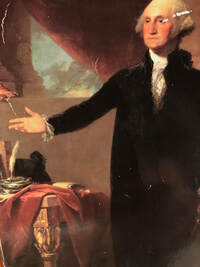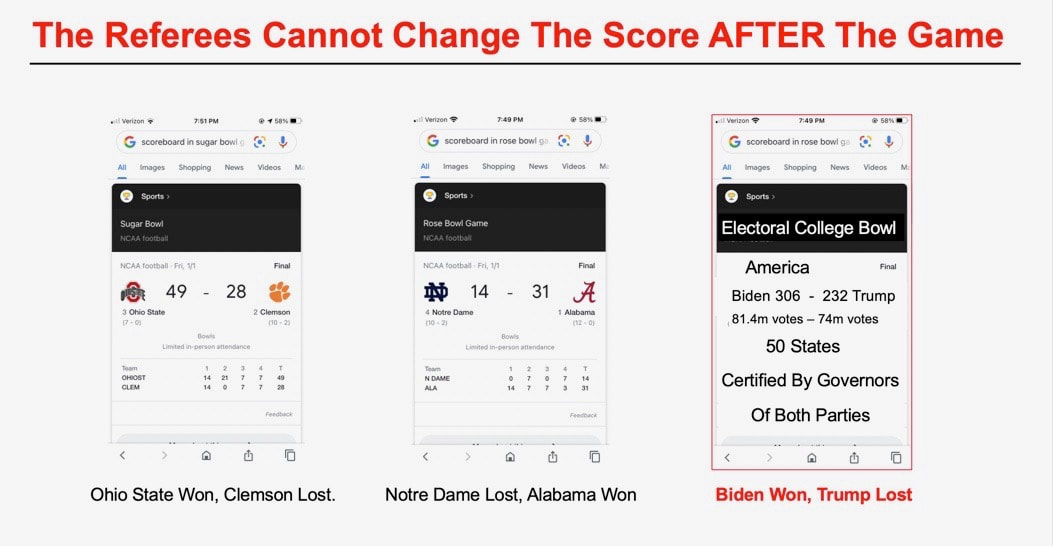
The Continental Congress adopted the Articles of Confederation in November, 1777, and they were ratified by all thirteen states in 1781. The country they established was a confederation of 13 sovereign states. Each state controlled its own commerce and collected customs. Geographically fortunate states exploited their ability to control the flow of goods to and from less fortunate neighbors. The central government had no authority to collect customs. State legislatures were supposed to raise the money that funded the central government, but the central government had no authority to compel the states to pay anything or to provide any supplies. This put the Continental Army under a perpetual threat of disintegration during the Revolutionary War, and created post war financial pressures that ultimately led to Shay's Rebellion in late 1786. The failures of the Articles of Confederation, specifically a central government that was too weak to discharge its responsibilities, led directly to the effort to "form a more perfect Union."



 RSS Feed
RSS Feed
